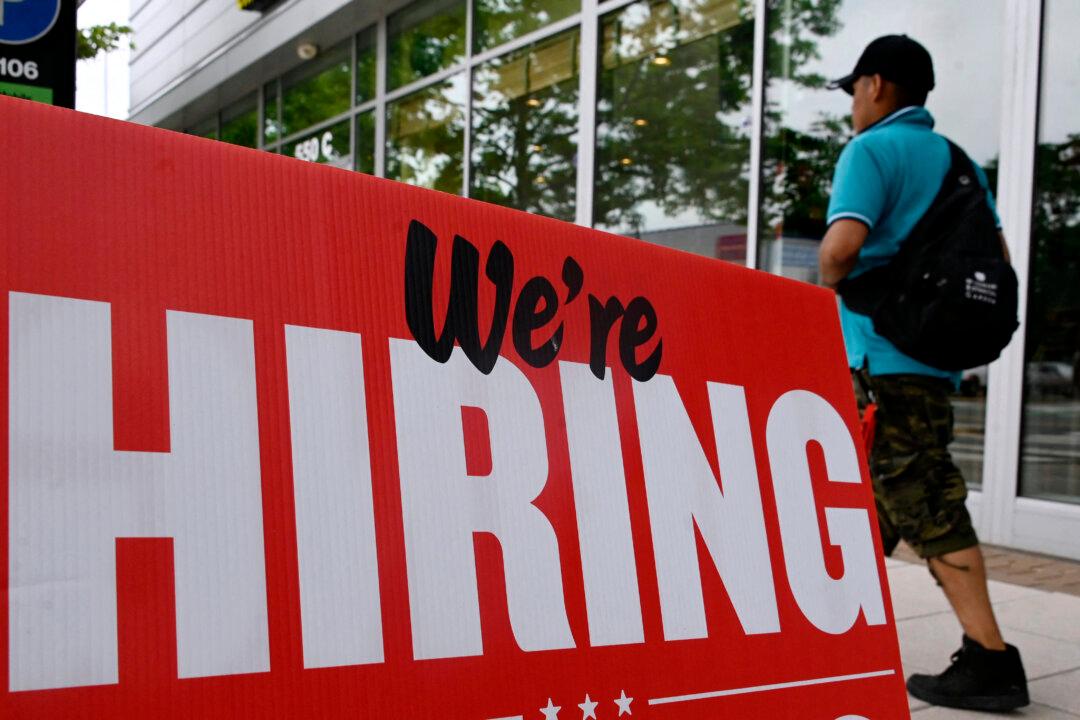Employees in the United States are expected to see a 16-year high salary hike next year as companies react to a tight labor market and inflation, according to a recent report by workplace consultant Willis Towers Watson (WTW).
Pay budgets at companies have risen by 4.2 percent in 2022, stated a WTW press release on Nov. 17. In 2023, companies are forecast to raise prices by 4.6 percent, it predicted. The overall 2023 salary increase will be the highest since 2007. The survey saw the participation of 1,550 organizations in the United States. A similar survey conducted earlier this year only predicted a 4.1 percent salary boost next year.





